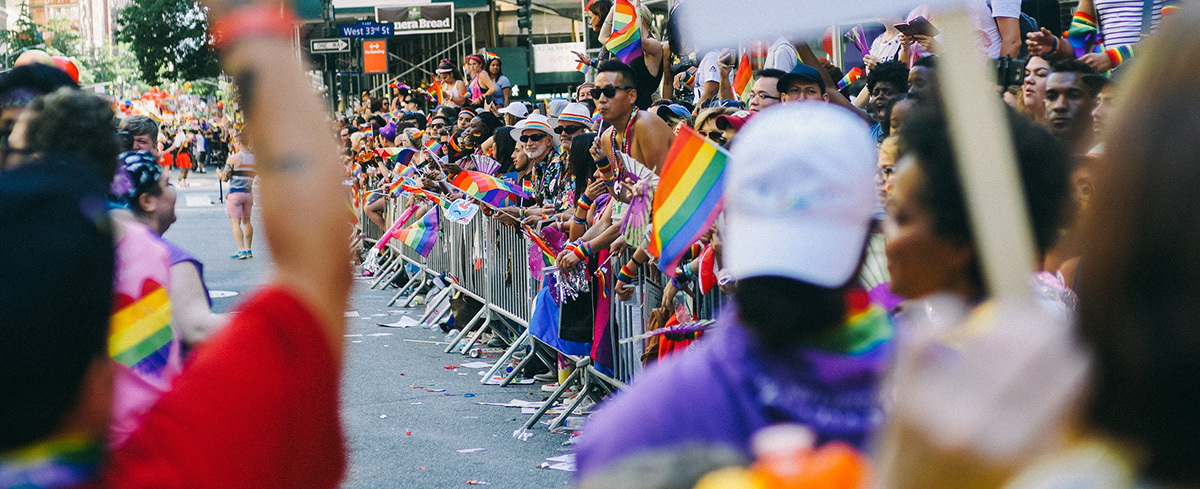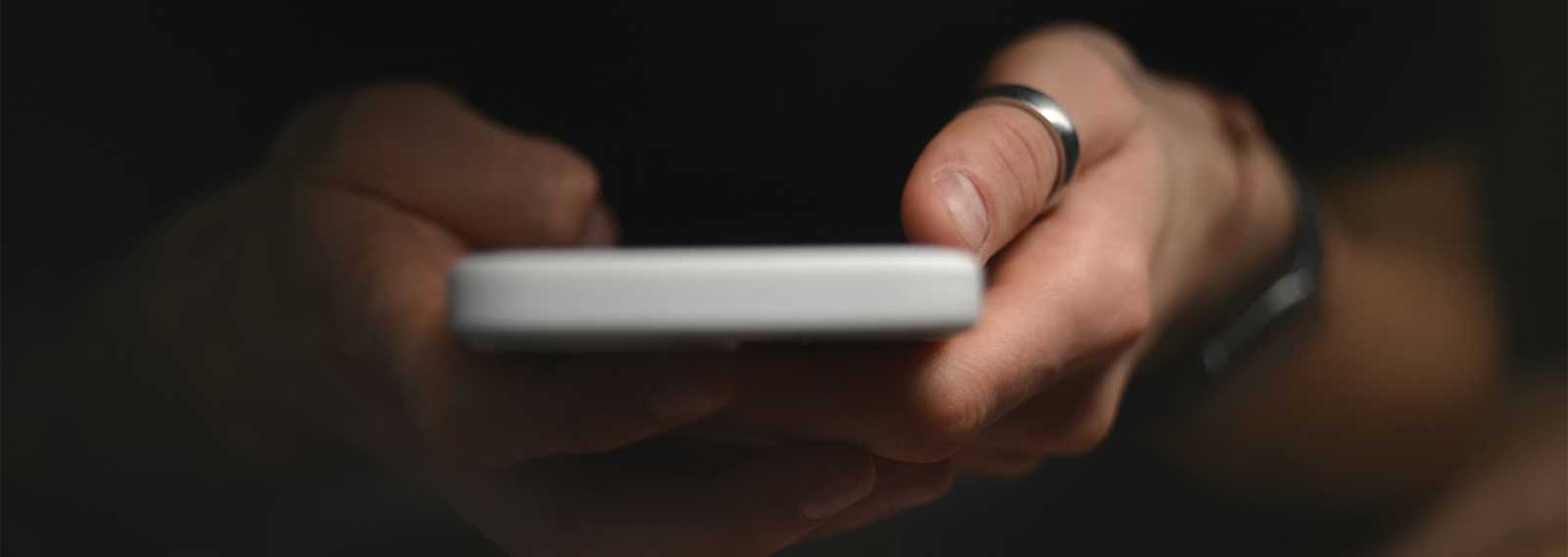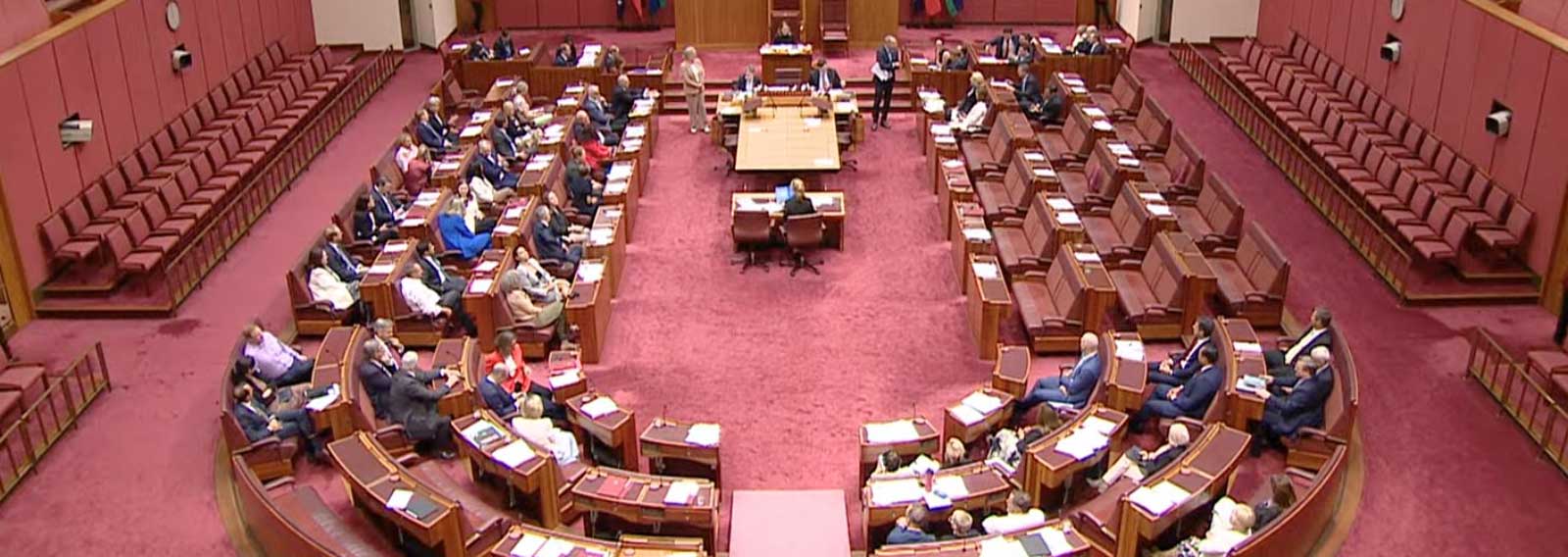If love and marriage go together as a horse and carriage, so too do diversity and progressive thought. To counter any opposition to anything, all one has to do is to claim that it promotes diversity – and no one dares to speak against it. Everything is now about diversity – in football, Anzac Day celebrations, in education, and the media. Apparently, there is nothing that should not be hijacked to celebrate diversity. People may not hope in Christ, but they have a blind faith in diversity. How should the Christian respond?
First, diversity hardly ranks as a virtue in itself. It is no strength to a football team, for example, if half of its members can play and the other half has no idea. Or if half the lecturers at university can think clearly, and maybe read and write, and the other half cannot. Context is everything. If diversity is a genuine contribution to the cause – like many capable musicians in an orchestra – that is laudable. But diversity for the sake of diversity is hardly a strength. I want my doctor to cure me, whether he be a he or a she, Jew or Gentile, slave or free. I want the bridges that engineers build to withstand the weight of traffic on them.
Writing in the Spectator recently, Nicholas Brown did not hold back, and called diversity ‘an arbitrary, functionally insignificant virtue aimed at socially engineering the West into an ideological echo chamber.’ It has become one of the many largely vacuous fads that drive modern society. The audience member who claps in the wrong place is more embarrassing than the sorry individual who remains seated during the Hallelujah Chorus in Handel’s Messiah, and then walks out because he thinks that signals the end of the performance. ‘Diversity’ is like ‘love’ – what matters is what is diverse, as what matters is what is loved. To love God is one thing; to love Satan quite another.
Secondly, as a key motivator in society, the concept of diversity is illogical and unrealistic. Today, diversity is promoted to the point where it becomes oppressive and contradicts itself. The rugby union player, Israel Folau, found that out when he called on those who practise homosexual acts to repent or fall under the judgment of God. It was enough for CEOs of large companies to threaten the removal of sponsorship not from Folau so much as the whole rugby union set-up. If diversity is a primary virtue, Alan Joyce should welcome Israel Folau. However, what Alan Joyce, as the homosexual head of QANTAS, wants is not diversity but affirmation. He is so uneasy within himself that he cannot brook even one voice raised in opposition. To say that would not be palatable to all and sundry, so he has to cloak it under the heading of ‘Diversity’.
Peter van Onselen gets it right occasionally, albeit accidentally, as when he commented: ‘Power to Folau for expressing his religious views; power to any sponsors for choosing to dump associations with him if they don’t agree with him.’ That is about it. In the end, it is about power. The celebration of diversity is nothing more than the exercise of power. On one side are the billionaire corporations and the crushing conformity of the media; on the other side is God’s truth. One may win in the short run, but God has the final say.
Thirdly, in any lasting sense, diversity only works within a Christian framework. In the working of gifts in the church, for example, there is both unity and diversity because both are necessary (see 1 Cor.12). A body is meant to have arms and legs, and ears and eyes. Then, as Paul says: ‘Now you are the body of Christ and individually members of it’ (1 Cor.12:27). Each member is different from other members yet joined to other members in union with the head who is Christ. In the kingdom of the redeemed, those who are washed in the blood of the Lamb, there are people from every nation, tribe, people and language (Rev.7:9-10). There is unity in the Lamb and diversity in nationality and language.
All this is to say that diversity cannot stand on its own two feet. It needs, as everything does, a foundation and boundaries. Only the Word of God provides that.




















